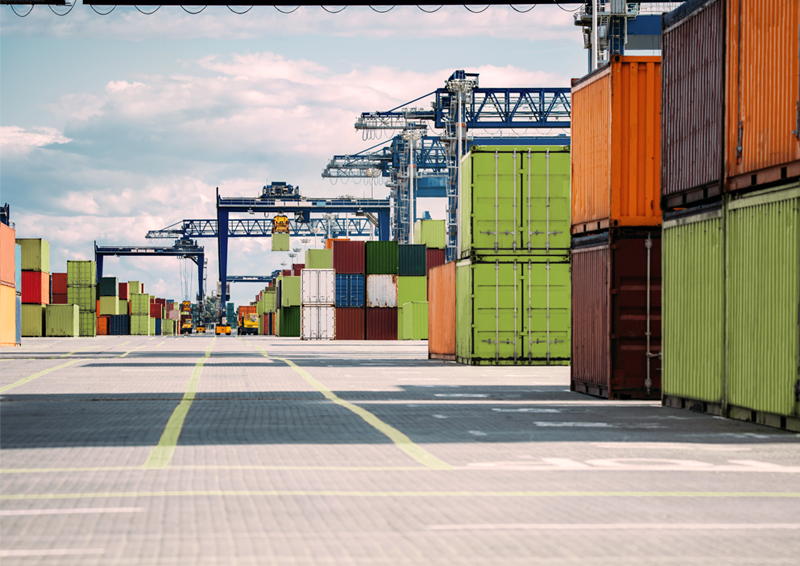Shiprocket, a tech-enabled logistics aggregator, in a report prepared for Direct-to-Consumer (D2C) sellers, has said India has witnessed an increase of 65 per cent in active shippers.
This report analyses shipment trends in post-lockdown India in the D2C sector for the period May 18 to June 30. With a sample size of over 26,000 sellers, Shiprocket’s report states that 15 per cent of sellers activated post-lockdown were sellers of essential products.
Even though the lockdown was lifted from the non-essential category, the shipment volumes for essential products were nearly three times higher, with over 40 per cent of overall volumes coming from essential categories compared to the lockdown period.
In an interesting insight on the sellers’ future mode of business, the survey said, 60 per cent of sellers admitted that a blend of both offline and online would be preferred, going forward. Less than 2 per cent of sellers were unsure of how the new normal will look like for them.
Further, it was revealed that Mumbai, Delhi, and Bengaluru clocked the highest number of pick-ups and deliveries, which underlines the pent-up demand that was there in these cities during the lockdown. Also, sellers in these cities were able to overcome challenges more quickly to become operational.
While Delhi leads in pick-ups with 26.44 per cent shipments, Mumbai was the top city in terms of deliveries with 7.58 per cent shipments. The average delivery time intracity, intrastate, and interstate stood at 1.30 days, 2.20 days, and 3.8 days respectively.
The report also said 90 per cent the respondents were impacted by the Covid-19 pandemic.
In the products category, medicines and groceries were the most shipped items during the lockdown. In the Unlock 1.0 phase, health and beauty retail (32 per cent), fashion apparel (28 per cent), and electronics, automobile, and accessories (18 per cent) were the top three categories in terms of shipments.
Sharing his insights, Saahil Goel, Co-founder, and CEO of Shiprocket, said in an official announcement: “The three-month lockdown created a major disruption in the supply chain and the demand-to-supply ratio was not balanced with demand increasing exponentially. Our report was based on the patterns and trends observed. Unlock 1.0 has paved the way for a new phase of logistics operations in India.”
Goel added: “The government has eased restrictions on several aspects of logistics and e-commerce and we look forward to continuing our services in Unlock 1.0 without hindrances in the supply chain and shipping. It’s interesting to see an increased demand for hyperlocal services amidst this pandemic. We hope the situation improves and the world returns to normalcy soon.”
“It was becoming increasingly challenging for our team to continue store operations during the lockdown. Since Unlock 1.0, my online clothing business has witnessed a significant increase in orders by over 40 per cent,” added Leo, owner of Vennila Clothing Company, a seller from Tirupur, in Tamil Nadu.
The most popular products were anti-bacterial and anti-pollution face masks, baby shampoo, men’s t-shirts, and knitted face masks, among others.
Source:- Business Line





